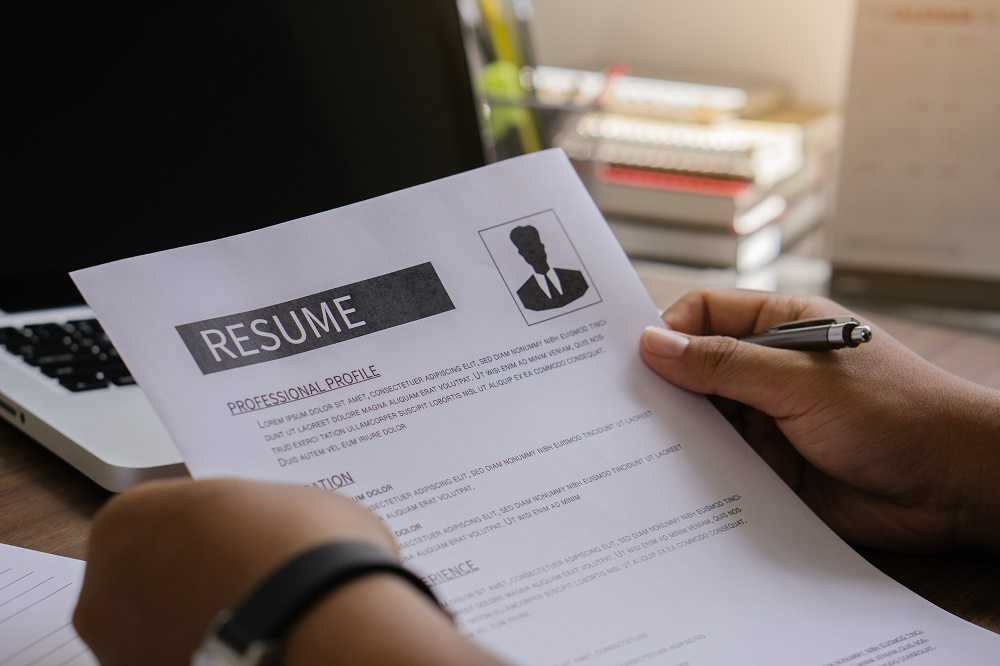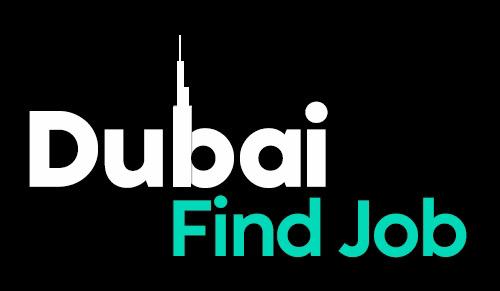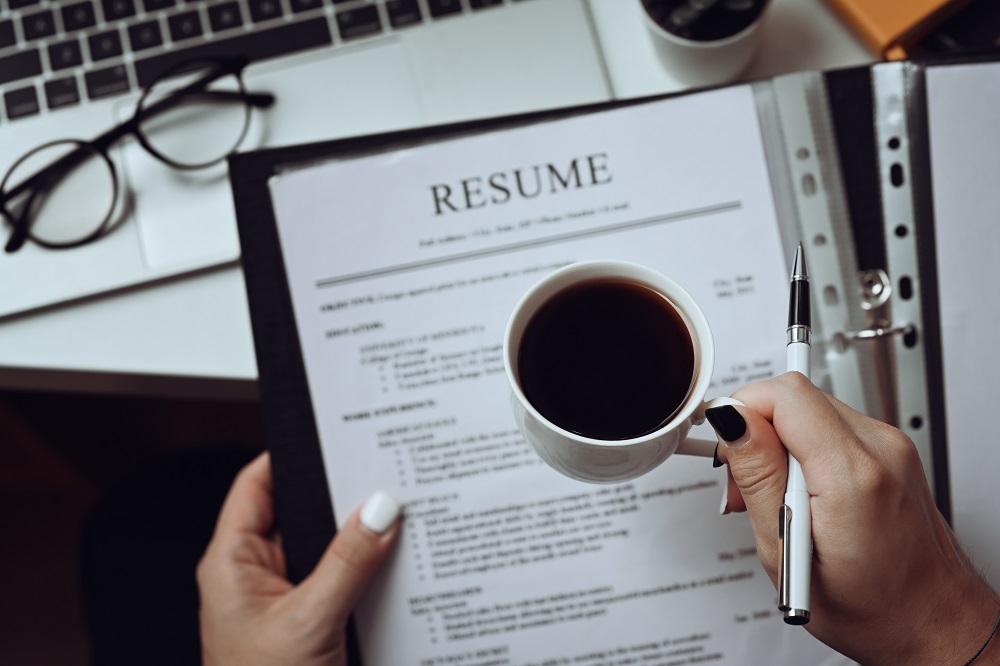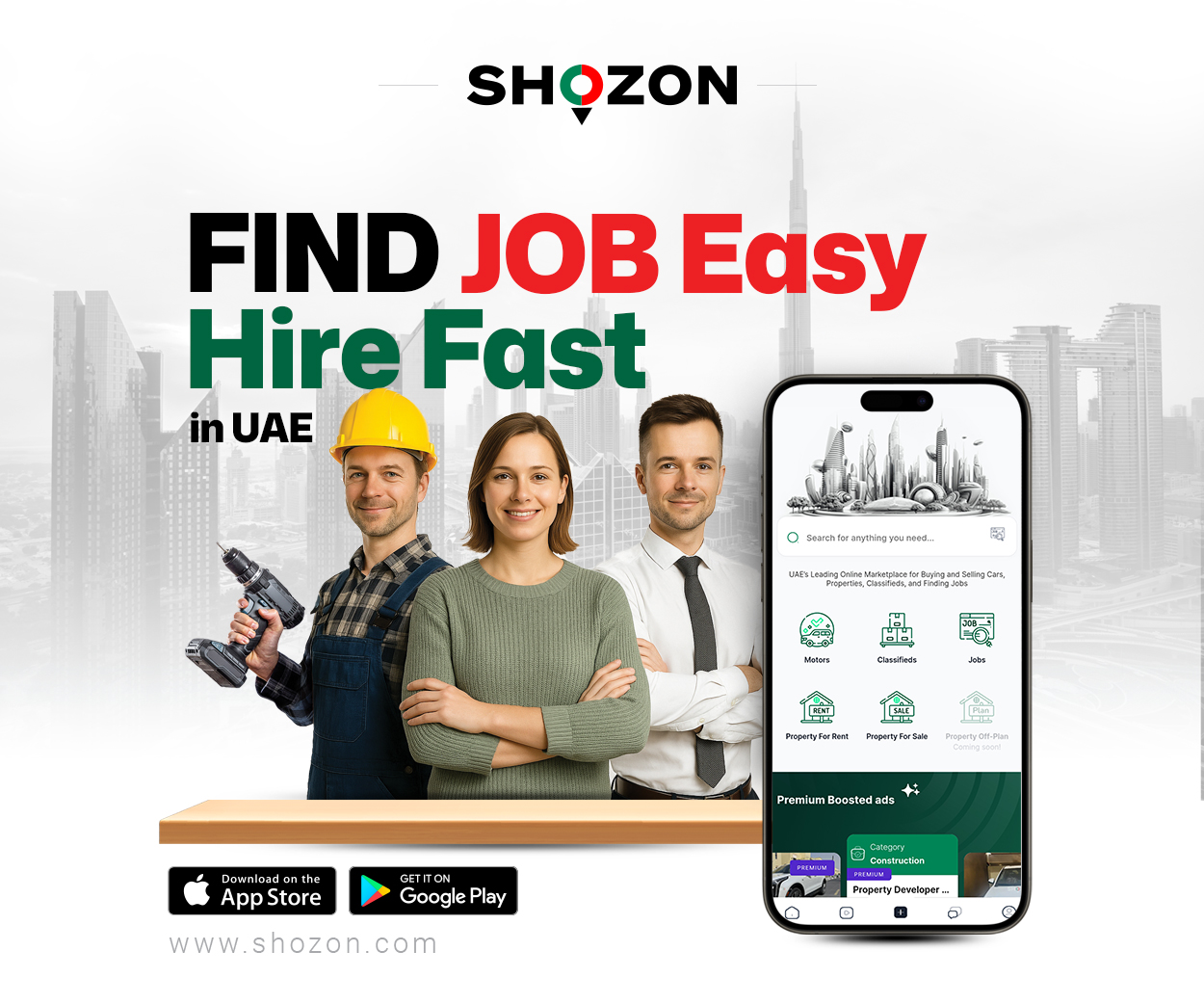Navigating Dubai Job Interviews

Ok so here’s the thing about navigating Dubai job interviews: tips for success… Let me share what I wish someone had told me when I first started bombing interviews left and right in 2023. I went through 47 interviews before landing my current role, and honestly, the first 20 were disasters because I had no clue about Dubai’s unique interview culture.
Table of Contents
- The Pre-Interview Intelligence: Research That Actually Matters
- The Company’s Cultural DNA Investigation
- The Interviewer Background Deep Dive
- The Office Location Psychology
- The Dress Code Dilemma: Getting It Right Every Time
- The Three-Tier Dress Strategy
- The Weather Factor Nobody Talks About
- The Cultural Sensitivity Balance
- The Question Patterns: What Dubai Interviewers Actually Ask
- The Cultural Adaptability Test Questions
- The Family and Lifestyle Questions
- The Salary Expectation Dance
- The Multicultural Interview Panel Navigation
- The Communication Style Juggling Act
- The Hierarchy Awareness Challenge
- The Language Switching Reality
- The Technical Skills Assessment: Dubai Style
- The Regional Context Requirement
- The Team Integration Simulation
- The Innovation Within Constraints Challenge
- The Behavioral Questions: Dubai Edition
- The Ramadan Workplace Scenario
- The Sandstorm Business Continuity Question
- The Cultural Celebration Integration
- The Reference Check Reality: What Actually Happens
- The Dubai Network Investigation
- The Cultural Competency Assessment
- The Family Stability Inquiry
- The Salary Negotiation: Dubai’s Unique Dance
- The Package Breakdown Conversation
- The Cultural Negotiation Approach
- The Benefits Beyond Money
- The Follow-Up Protocol: Maintaining Momentum
- The Thank-You Note Strategy
- The Timing Respect Protocol
- The Cultural Patience Balance
- The Industry-Specific Interview Nuances
- Banking and Financial Services
- Technology Sector Adaptations
- Healthcare Industry Focus
- Government Sector Expectations
- The Virtual Interview Reality: Post-COVID Adaptations
- The Technology Setup for Success
- The Cultural Connection Challenge
- The Follow-Up Adaptation
- Success Metrics: Measuring Your Interview Performance
- The Cultural Connection Indicators
- The Technical Competency Signals
- The Long-Term Fit Assessment
I’m that person who keeps detailed notes on everything (yeah, I’m weird like that), so I literally documented every single interview experience – what went wrong, what went right, the weird questions they asked, and the cultural moments that made or broke the conversation. What I discovered was that Dubai interview tips you find online are mostly useless because they’re written by people who’ve never actually sat through the multicultural interview gauntlet that is job hunting here.
The reality of job interview in UAE is like nowhere else I’ve experienced. You might have a British manager, Indian HR director, Filipino recruiter, and Emirati department head all evaluating you differently. Each brings their own cultural expectations, communication styles, and deal-breakers to the table. Learning to navigate this without losing your authenticity is an art form.
This guide isn’t theory – it’s battle-tested insights from someone who went from interview zero to landing multiple offers. Every tip here comes from real situations, real mistakes, and real successes in Dubai’s interview rooms (and Zoom calls, because half of them are still virtual).
The Pre-Interview Intelligence: Research That Actually Matters
Before diving into navigating Dubai job interviews: tips for success, you need to understand that research in Dubai means something completely different than anywhere else.
The Company’s Cultural DNA Investigation
Dubai companies aren’t just businesses – they’re cultural ecosystems. I learned this the hard way during an interview at a traditional trading company where I showed up with Silicon Valley startup energy. The interview lasted 15 minutes.
What you actually need to research:
- Founding story and family background (many Dubai companies are family businesses, even the big ones)
- Nationality mix of leadership team (this tells you the communication style they prefer)
- Recent Ramadan/Eid social posts (shows how they handle cultural celebrations)
- Employee testimonials on LinkedIn (Dubai professionals are surprisingly honest about company culture)
I started checking companies’ Instagram accounts before interviews because you can tell so much from their office culture photos and team events. One company posted photos of their weekly team majlis (traditional Arabic sitting area discussions) which told me they valued relationship-building over pure efficiency.

The Interviewer Background Deep Dive
LinkedIn stalking your interviewer isn’t creepy in Dubai – it’s strategic. The multicultural business environment means your interviewer’s background heavily influences their interview style.
Interviewer background clues:
- UAE nationals: Often value respect, relationship building, and long-term thinking
- Western expats: Usually prefer directness, metrics, and structured responses
- Indian subcontinent backgrounds: Often appreciate detailed explanations and technical depth
- Lebanese/Levantine: Typically enjoy personality and relationship-focused discussions
This might sound like stereotyping, but understanding cultural communication preferences helped me adapt my interview style appropriately.
The Office Location Psychology
Where a company chooses to locate tells you everything about their culture and expectations. I’ve interviewed in gleaming DIFC towers, cramped Deira offices, and modern Dubai Internet City spaces – each required a completely different approach.
Location-based cultural expectations:
- DIFC/Downtown: Very formal, international standards, expensive suits required
- Dubai Internet City: Business casual, tech-forward, innovation-focused discussions
- Bur Dubai/Deira: Traditional business culture, relationship-focused, longer interview processes
- Dubai Marina/JLT: Modern but relaxed, work-life balance questions welcome
The Dress Code Dilemma: Getting It Right Every Time
The biggest mistake I made in my early Dubai interview tips strategy was assuming one dress code fits all. Dubai’s business dress expectations vary wildly by industry, company culture, and even the specific role level.
The Three-Tier Dress Strategy
After 47 interviews, I developed a system based on company research:
Tier 1 – Ultra Conservative (Banking, Government, Traditional Trading):
- Dark suit (navy, charcoal, black only)
- Conservative tie or scarf
- Leather dress shoes (no loafers)
- Minimal jewelry and accessories
- Women: below-knee skirts, covered shoulders
Tier 2 – Business Professional (Consulting, Healthcare, Education):
- Business suit or blazer with trousers
- Professional but can show personality through colors
- Quality leather accessories
- Modern but not trendy styling
Tier 3 – Smart Business (Tech, Startups, Creative Industries):
- Smart casual to business casual
- Can incorporate modern styles
- Quality over formality
- Personality acceptable through accessories
The Weather Factor Nobody Talks About
Dubai’s climate affects interview attire in ways career guides never mention. I learned this during a July interview where I showed up in a wool suit and was visibly sweating within 5 minutes of leaving my air-conditioned car.
Seasonal interview dressing survival tips:
- Summer (May-September): Lightweight fabrics, extra deodorant, arrive 10 minutes early to cool down
- Winter (December-February): Layers for outdoor meetings, but remember offices are still heavily air-conditioned
- Sandstorm season: Always have a lint roller in your car
The Cultural Sensitivity Balance
This is where navigating Dubai job interviews gets tricky. You want to show cultural awareness without overdoing it or appearing inauthentic.
What works:
- Modest, professional attire regardless of your personal style
- Avoiding overly revealing clothing (applies to everyone, not just women)
- Removing shoes if entering prayer areas or traditional offices
- Understanding that handshakes might be declined for religious reasons
What backfires:
- Overdressing in traditional clothing if it’s not your culture
- Making assumptions about religious practices
- Commenting on cultural differences during interviews

The Question Patterns: What Dubai Interviewers Actually Ask
After documenting questions from 47 interviews, I found patterns that are unique to job interview in UAE situations. These aren’t the generic “tell me about yourself” questions – these are Dubai-specific conversation starters.
The Cultural Adaptability Test Questions
Every Dubai interview includes some version of these, though they’re rarely asked directly:
Common formats:
- “How do you handle working with people from different cultural backgrounds?”
- “Tell me about a time you had to adapt your communication style”
- “What interests you about working in a multicultural environment like Dubai?”
- “How do you celebrate different cultural holidays with your team?”
My best response came when I talked about organizing a potluck lunch where team members brought dishes from their home countries. It showed initiative, cultural curiosity, and team-building skills.
The Family and Lifestyle Questions
In Western countries, asking about family is off-limits. In Dubai, it’s standard conversation. Interviewers want to understand your stability and commitment to staying in Dubai.
Typical family-related questions:
- “Is your family here with you in Dubai?”
- “What does your spouse think about living in Dubai?”
- “How do you manage work-life balance with family obligations?”
- “Are you planning to stay in Dubai long-term?”
These aren’t invasive – they’re practical. High turnover is expensive, and employers want commitment signals.
The Salary Expectation Dance
Salary discussions in Dubai interviews follow a completely different script. Unlike Western interviews where salary talk is delayed, Dubai interviewers address it early and directly.
How salary conversations actually happen:
- They ask your current salary (not just expectations)
- They want to know your entire package breakdown
- They discuss benefits immediately, not as afterthought
- They expect you to negotiate within cultural norms
The key insight: Dubai employers appreciate salary transparency, but they also expect you to understand local package structures.
The Multicultural Interview Panel Navigation
One of the most challenging aspects of navigating Dubai job interviews: tips for success involves handling panel interviews with people from different cultural backgrounds simultaneously.
The Communication Style Juggling Act
I had one panel interview with a German operations director, Indian finance head, and Emirati HR manager. Each expected different communication styles from me within the same 90-minute session.
Adaptation strategies that worked:
- With the German director: Direct answers, specific timelines, structured responses
- With the Indian finance head: Detailed explanations, technical depth, collaborative discussion
- With the Emirati HR manager: Respectful tone, relationship building, long-term vision talk
The trick was reading the room and adjusting my energy and detail level based on who was asking the question.
The Hierarchy Awareness Challenge
Dubai business culture has subtle hierarchy elements that affect interview dynamics. Understanding who holds real decision-making power isn’t always obvious from job titles.
Hierarchy navigation tips:
- Address the most senior person first when entering the room
- Make eye contact with all panel members, but defer to seniority for complex questions
- Don’t interrupt, even if pauses feel awkward to Western standards
- Thank everyone individually at the end, acknowledging their time
The Language Switching Reality
Many Dubai interviews involve language switching – English for formal discussion, Arabic for cultural connection, Hindi for technical details, etc. Even if you’re monolingual, awareness of this dynamic helps.
How to handle language switches:
- Don’t look confused if they switch languages briefly
- Appreciate any cultural sharing they offer
- Mention any language learning efforts you’re making
- Show enthusiasm for Dubai’s multilingual environment

The Technical Skills Assessment: Dubai Style
Technical interviews in Dubai have unique characteristics because of the international team dynamic and regional business focus.
The Regional Context Requirement
Unlike purely technical interviews elsewhere, Dubai technical assessments often include regional business context questions.
Examples I encountered:
- “How would you adapt this system for Arabic language support?”
- “What considerations are needed for Ramadan scheduling?”
- “How do you handle data sovereignty requirements across GCC countries?”
- “What’s your experience with sabbath/prayer time scheduling in project management?”
These questions test both technical competence and cultural business awareness.
The Team Integration Simulation
Many Dubai companies use role-playing scenarios to test how you’d work with multicultural teams.
Scenario examples:
- Presenting technical concepts to non-technical stakeholders from different cultural backgrounds
- Managing project timelines during religious holidays
- Resolving conflicts between team members with different communication styles
- Training team members with varying English proficiency levels
The Innovation Within Constraints Challenge
Dubai technical roles often require innovation within cultural, regulatory, or infrastructure constraints that don’t exist elsewhere.
Common technical challenges:
- Building systems that work during sandstorms (seriously, this comes up)
- Designing for users with different digital literacy levels
- Creating solutions that respect cultural privacy norms
- Working within UAE data localization requirements
The Behavioral Questions: Dubai Edition
Behavioral interview questions in Dubai go beyond standard STAR method responses. They’re designed to uncover how you’ll handle the specific challenges of working in Dubai’s unique environment.
The Ramadan Workplace Scenario
Almost every Dubai behavioral interview includes some version of Ramadan adaptation questions:
How they’re asked:
- “How would you adjust project deadlines during Ramadan?”
- “Tell me about a time you had to be flexible with cultural practices”
- “How do you maintain team productivity during religious observances?”
My winning approach: I talked about proactively planning shorter meetings, offering flexible break times, and organizing evening team gatherings to maintain relationships during different working rhythms.
The Sandstorm Business Continuity Question
This sounds ridiculous until you live through your first major sandstorm and realize half your team can’t make it to the office.
Typical questions:
- “How do you ensure business continuity during weather disruptions?”
- “Tell me about a time you had to quickly adapt to unexpected circumstances”
- “How do you maintain client relationships during infrastructure challenges?”
The Cultural Celebration Integration
Dubai employers want to know you’ll contribute to team culture, not just tolerate it.
Questions that come up:
- “How would you help the team celebrate different cultural holidays?”
- “Tell me about a time you learned something from a colleague’s cultural background”
- “How do you build relationships with people from different cultures?”
The Reference Check Reality: What Actually Happens
Reference checking in Dubai is more thorough and culturally aware than other markets. Understanding this process helps you prepare better references and set appropriate expectations.
The Dubai Network Investigation
Dubai’s business community is surprisingly small and interconnected. Your references will likely know people who know people at the company you’re interviewing with.
How this affects reference strategy:
- Choose references who understand Dubai business culture
- Brief your references on Dubai-specific aspects of the role
- Ensure references can speak to your cultural adaptability
- Provide references who can discuss your commitment to staying in Dubai
The Cultural Competency Assessment
References for job interview in UAE positions get specific questions about cultural adaptability:
Questions references report receiving:
- “How does [candidate] work with people from different cultural backgrounds?”
- “Can you give examples of how they’ve adapted their work style for different cultures?”
- “How do they handle cultural misunderstandings or conflicts?”
- “What’s their attitude toward learning about local customs?”
The Family Stability Inquiry
References often get asked about your family situation and stability in Dubai:
Common reference questions:
- “Do you think [candidate] is committed to staying in Dubai long-term?”
- “How does their family situation affect their work flexibility?”
- “Have they mentioned any plans to relocate?”
This isn’t invasive – it’s practical risk assessment for employers who invest heavily in visa processing and training.

The Salary Negotiation: Dubai’s Unique Dance
Salary negotiation during Dubai interviews follows completely different rules than Western markets. The package structure, cultural expectations, and negotiation timing all require specific strategies.
The Package Breakdown Conversation
Dubai salary negotiations aren’t just about monthly salary – they’re about understanding and optimizing the entire package structure.
Key package components to discuss:
- Basic salary (what most people focus on)
- Housing allowance (usually 25-30% of basic)
- Transportation allowance (AED 2,000-4,000/month)
- Health insurance (individual vs family coverage)
- Annual leave (30 days is standard)
- End of service benefits (gratuity calculation)
The Cultural Negotiation Approach
Salary negotiation in Dubai requires cultural sensitivity. Aggressive negotiation tactics that work in New York will backfire here.
Approaches that work:
- Express gratitude for the offer first
- Frame negotiations as discussions, not demands
- Focus on mutual benefit and long-term relationship
- Show flexibility on non-salary items
- Respect the decision timeline they give you
Approaches that backfire:
- Ultimatums or pressure tactics
- Comparing offers publicly or disrespectfully
- Negotiating items that aren’t typically flexible (visa costs, etc.)
- Showing impatience with their process
The Benefits Beyond Money
Dubai offers unique benefits that don’t exist in other markets. Understanding and negotiating these can significantly improve your package value.
Dubai-specific benefits to consider:
- Visa processing for family members
- School fee reimbursement (huge if you have children)
- Annual flight tickets home
- Flexible working arrangements during Ramadan
- Professional development opportunities in the region
The Follow-Up Protocol: Maintaining Momentum
The follow-up process after Dubai interviews has specific cultural timing and communication expectations that differ from other markets.
The Thank-You Note Strategy
Thank-you notes in Dubai serve a different purpose than elsewhere. They’re relationship-building tools, not just polite gestures.
Effective thank-you note elements:
- Reference specific cultural or personal connections made during the interview
- Mention your enthusiasm for contributing to Dubai’s business environment
- Include any additional thoughts on regional opportunities discussed
- Attach any relevant work samples or certifications mentioned
The Timing Respect Protocol
Dubai business operates on relationship time, not transaction time. Rushing follow-ups can damage relationships.
Appropriate follow-up timeline:
- Day 1: Thank-you email within 24 hours
- Week 1: No additional contact unless specifically requested
- Week 2: Brief status inquiry if timeline was provided
- Week 3: LinkedIn connection requests with personalized message
- Month 1: Final follow-up if no response received
The Cultural Patience Balance
Dubai interview processes often take longer than Western counterparts because of the relationship-building focus and cultural decision-making processes.
Managing the waiting period:
- Continue applying to other roles (don’t pause your search)
- Use waiting time to deepen cultural learning
- Maintain LinkedIn presence and professional visibility
- Engage with Dubai business community events and content
The Industry-Specific Interview Nuances
Different industries in Dubai have distinct interview cultures that require specific preparation strategies.
Banking and Financial Services
Financial services interviews in Dubai emphasize regulatory knowledge and cultural sensitivity around Islamic banking.
Unique preparation needs:
- Understanding UAE Central Bank regulations
- Islamic finance principles (even for conventional banking roles)
- Regional economic trends and challenges
- Compliance culture and risk management approaches
Technology Sector Adaptations
Tech interviews in Dubai balance innovation with cultural and regulatory considerations.
Tech-specific preparation:
- Data localization and privacy regulations
- Cultural UX/UI considerations for regional users
- Arabic language support and right-to-left design
- Regional payment systems and fintech regulations
Healthcare Industry Focus
Healthcare interviews emphasize cultural competency in patient care and regulatory compliance.
Healthcare preparation essentials:
- DHA licensing requirements and process
- Cultural sensitivity in patient interactions
- Multilingual communication capabilities
- Understanding of regional health challenges
Government Sector Expectations
Government interviews focus heavily on cultural alignment and long-term commitment to UAE development goals.
Government interview preparation:
- UAE Vision 2071 and national development priorities
- Cultural protocol and formal communication styles
- Long-term career commitment to public service
- Understanding of emirate-specific initiatives
The Virtual Interview Reality: Post-COVID Adaptations
Many Dubai interviews are still conducted virtually, creating unique challenges in a culture that values relationship building and personal connection.
The Technology Setup for Success
Virtual interviews in Dubai require specific technical considerations due to regional internet infrastructure and cultural presentation expectations.
Technical requirements:
- Stable internet with backup connection plan
- Professional lighting setup (desert sunlight can cause glare issues)
- Quiet environment (Dubai traffic and construction noise considerations)
- Backup device ready for technical failures
The Cultural Connection Challenge
Building rapport virtually in Dubai’s relationship-focused business culture requires intentional strategies.
Virtual relationship building:
- Arrive early to allow for informal chat time
- Show genuine interest in interviewer backgrounds and experiences
- Use appropriate cultural greetings and expressions
- Maintain strong eye contact with camera, not screen
The Follow-Up Adaptation
Virtual interviews require different follow-up approaches to maintain momentum and relationships.
Post-virtual interview strategy:
- Request in-person meeting for final rounds
- Share additional materials that showcase cultural understanding
- Connect on LinkedIn immediately after the interview
- Offer to provide references or work samples electronically
Success Metrics: Measuring Your Interview Performance
Understanding how to evaluate your interview performance in Dubai’s unique context helps you improve and make strategic decisions.
The Cultural Connection Indicators
Signs that you successfully navigated the cultural aspects of navigating Dubai job interviews:
Positive indicators:
- Interview went significantly over scheduled time
- Personal stories and experiences were shared by interviewer
- Discussion included non-work topics (family, cultural interests, Dubai experiences)
- They provided specific timeline for next steps
- Multiple team members were introduced during the process
The Technical Competency Signals
Dubai technical interviews have specific success indicators:
Technical success signs:
- Deep dive discussions about regional applications of your skills
- Questions about leading multicultural technical teams
- Scenario discussions about cultural considerations in implementation
- Requests for specific examples of regional or cultural adaptations
The Long-Term Fit Assessment
Dubai employers heavily evaluate long-term cultural and professional fit:
Long-term fit indicators:
- Questions about family plans and stability in Dubai
- Discussions about career development within the region
- Interest in your cultural learning and language acquisition plans
- Conversations about contributing to team culture and company community
Your success in navigating Dubai job interviews: tips for success ultimately comes down to authentically demonstrating that you can contribute professionally while thriving personally in Dubai’s unique multicultural business environment.
The key insight I wish I’d known from interview #1 instead of learning by #47: Dubai interviews aren’t just about your qualifications – they’re about whether you can build genuine relationships across cultures while delivering results in a dynamic, rapidly changing business environment.
P.S. This info is from August 2025 but tbh things change fast in Dubai’s interview landscape so double check everything! And if ur reading this later… hope things have gotten even better lol. Most importantly, remember that every interview is a learning experience – even the ones that don’t result in offers teach you something valuable about navigating this unique market.
Copyright 2026 . All rights reserved for DubaiFindJob









No Comments